Best Cities To Live In Mexico In 2026
Mexico remains one of Latin America’s most compelling destinations, especially for North Americans. More than a million expats call it home, and tens...
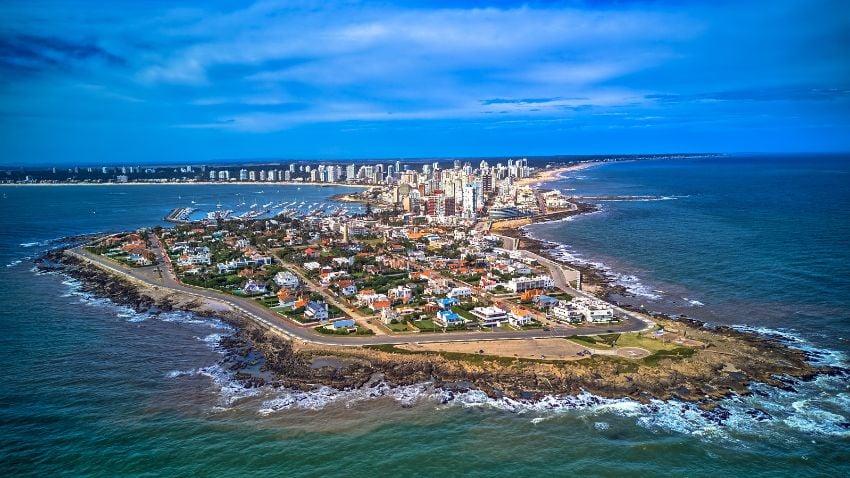
4 min read
When choosing to live in a new country, many people put little thought into sustainable living. As the name implies, this broad topic covers sustainable agriculture, food production, and energy independence. I look at things like these as the positives of sustainable living and care less about the green agenda most other people push down our throats.
Some countries, like Uruguay, have taken the lead in energy and food self-sufficiency. Today, this small South American country of approximately 3.5 million is a world leader in renewable energy and food independence. Regarding the latter, production far exceeds domestic needs, with the nation being a leading exporter of grains, beef, and soybeans. While no country is immune to global shocks, we can learn a few things from Uruguay.
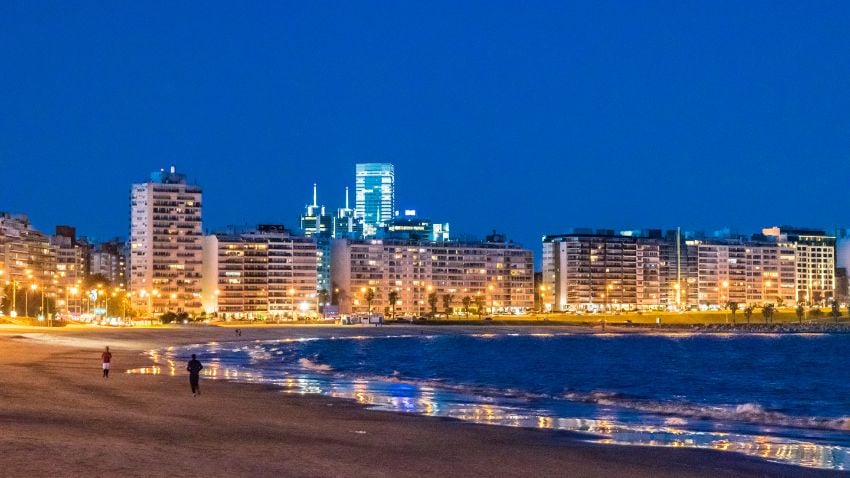
Punta Del Este, Uruguay
Regarded as South America's hidden gem, most people could not even locate Uruguay on a map. Being the second smallest country on the continent and sandwiched between regional powerhouses Argentina and Brazil, we'll forgive you. While some may regard its geography as a disadvantage, Uruguay has defied the odds to become one of the region's most developed countries. It has become one of the region's most prosperous nations, which can be attributed to several factors, such as a strong national identity and prudent economic policies.
Uruguay stands out as one of the best countries for those seeking a sustainable lifestyle for various compelling reasons. One of the most prominent factors is its robust healthcare system. Uruguay places a strong emphasis on healthcare, providing universal coverage for its population. Expats, as well as locals, benefit from access to high-quality healthcare services, ensuring the well-being of individuals and families alike.
The country's pristine beaches and natural beauty add to its allure as a destination for sustainable living. With miles of coastline along the Atlantic Ocean, Uruguay offers a breathtaking backdrop for a healthy and active lifestyle. Families, children, and friends can enjoy the beach towns and coastal regions, fostering a strong sense of community and togetherness.
The capital city, Montevideo, and smaller towns across Uruguay provide a safe and welcoming environment for expats and their families. The locals are known for their warmth and friendliness, making it easy to integrate into the community and build meaningful connections. This sense of belonging is essential for anyone seeking a sustainable lifestyle abroad.
Moreover, Uruguay's strong work ethic and work-life balance provide a conducive environment for expats looking to work and live sustainably. The country's service-oriented culture and efficient public services make it easier for everyone to navigate daily life, allowing for more time to focus on family, community, and personal well-being.

Legislative Palace, Montevideo
Unlike many of its neighbours, Uruguay is not rich in natural resources and imports most of its oil and natural gas. As such, the economy is heavily affected by rising energy prices and the related impact on food prices. While many countries have only recently begun to prioritize energy independence, Uruguay took the lead following the global financial crisis in 2008.
Obviously, no country is truly energy independent in specific sectors such as transportation, but Uruguay is among a handful of countries where nearly all their power comes from renewable resources. According to the Uruguayan Ministry of Industry and Energy, in 2021, 98% of the country's electricity was produced from renewables, most notably hydro and wind. However, solar has recently gained traction thanks to tax incentives.
These steps have made Uruguay a model for reducing dependence on fossil fuels. For the record, I personally have no problem with fossil fuels. I do have an issue with being massively dependent on other countries for the safety and economic stability of a country. I commend Uruguay for taking responsibility and finding solutions to become more energy independent. Of course, it will not fully insulate the country from crises, but it will help mitigate their impacts.
It is important to note Uruguay is also part of the Mercosur agreement, and being a resident of Uruguay makes travelling easy.
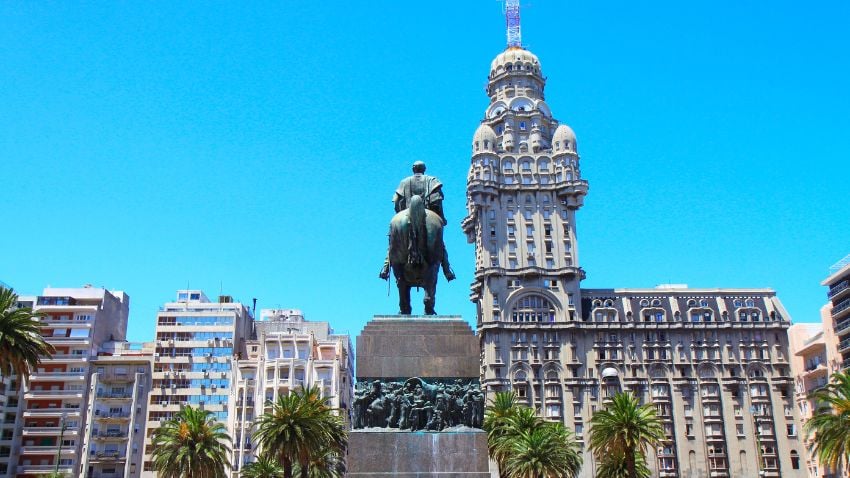
Independence Square, Montevideo, Uruguay
Regarding food independence, Uruguay is a world leader. In fact, according to the Food and Agriculture Organization of the United Nations, Uruguay ranks second only to Argentina in food self-sufficiency. Production far exceeds domestic consumption due to plenty of flat, fertile farmland and a temperate climate. Uruguay is a major exporter of food items like beef, milk, butter, grains, and soybeans.
Uruguay's food independence can be attributed to more than just favourable geography and climate. Prudent policies such as frequent crop rotations, soil care, and sustainability are heavily ingrained in Uruguayan society. A little-known fact is Uruguay has the most cows per inhabitant, not to mention they are free from hormones and antibiotics. When it comes to sustainable living, Uruguay is leading the way.
Related content: The Basics Of How To Get A Second Passport Or A Second Residency
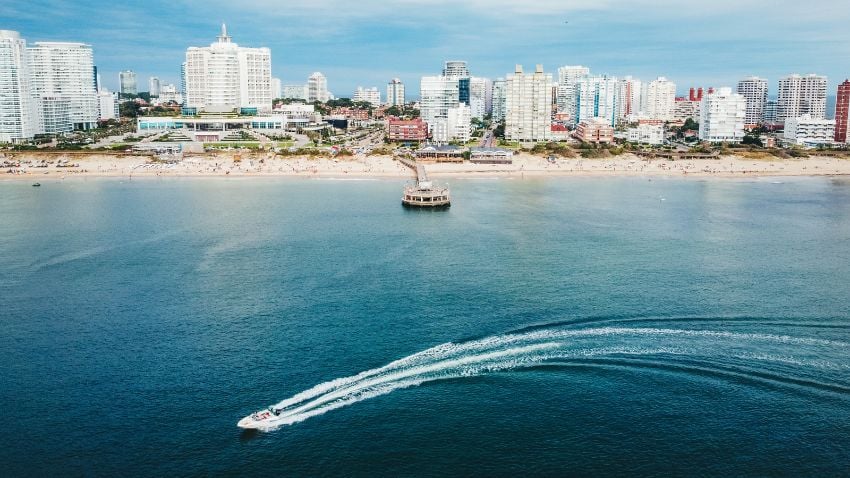
Motorboat in Punta del Este Uruguay
The approach taken by the center-right government of Luis Lacalle Pou has largely been successful, helping Uruguay avoid the left tide that recently swept through Brazil, Chile, and Colombia. Likewise, some pro-business policies have been paying off, helping Uruguay attract foreign direct investment.
More recently, Uruguay remains a beacon of hope in light of the uncertainty and instability throughout the region and the world as a whole. While it is not the cheapest country in the area, stability and sustainability have made it a part of many expats' plan B. In addition, there are some tax benefits, such as no taxes on most foreign-sourced income (interest payments and dividends are taxed at 12%). In addition, foreigners may purchase and sell land or real estate and are afforded the same rights as citizens.
Of course, no where is perfect and Uruguay could be better in certain regards, but the country has a lot going for it. It is a regional leader in sustainable living and quality of life, has a laid-back culture, and accepting of foreigners. In a world of instability, Uruguay is one of the few places where you can forget about all the problems occurring throughout Asia, Europe, and North America.
Related content: Top 8 Locations Expats Can Build A Real Life Abroad.
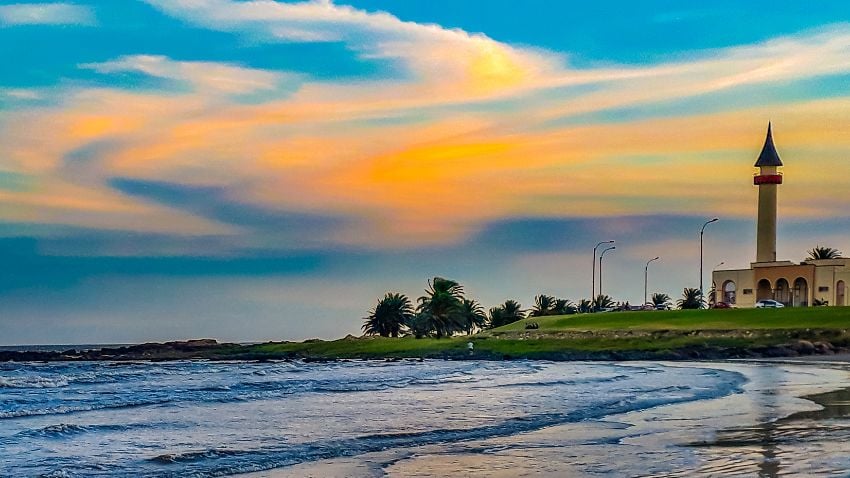
Diving Beach, Montevideo, Uruguay
Uruguay may not have the lowest cost of living in South America, but it is certainly the most self-sufficient. There aren't many countries that can boast of hormone and antibiotic-free meat, and Uruguay has that going for it. It is also a self-sustaining renewable energy source powerhouse. A place I would definitely put on my to-go list, and maybe eventually become a resident of Uruguay, not just for the natural foods but also for the lower energy costs that have been rising worldwide.
In summary, Uruguay's emphasis on healthcare, its stunning beaches, strong sense of community, and commitment to sustainability make it one of the best countries for those seeking a sustainable lifestyle. Whether you're looking to raise a family, make new friends, or simply enjoy a healthier way of life, Uruguay offers a welcoming and sustainable environment for everyone.
If you want the best intel from the expat world, including profitable offshore opportunities, little-known tax-saving strategies, and hard-won insights on immigration, passports, and Plan-B residencies, all delivered to your inbox every single week, then join our daily correspondence, EMS Pulse®. Currently enjoyed by over 84,000 expats and expat-hopefuls worldwide. Fill in the form below to join our newsletter free:

Written by Mikkel Thorup
Mikkel Thorup is the world’s most sought-after expat consultant. He focuses on helping high-net-worth private clients to legally mitigate tax liabilities, obtain a second residency and citizenship, and assemble a portfolio of foreign investments including international real estate, timber plantations, agricultural land and other hard-money tangible assets. Mikkel is the Founder and CEO at Expat Money®, a private consulting firm started in 2017. He hosts the popular weekly podcast, the Expat Money Show, and wrote the definitive #1-Best Selling book Expat Secrets - How To Pay Zero Taxes, Live Overseas And Make Giant Piles Of Money, and his second book: Expats Guide On Moving To Mexico.

Mexico remains one of Latin America’s most compelling destinations, especially for North Americans. More than a million expats call it home, and tens...

South Korea is far more than K-pop and K-dramas. It is a country known for outstanding food, from bustling street markets to high-end dining, as well...
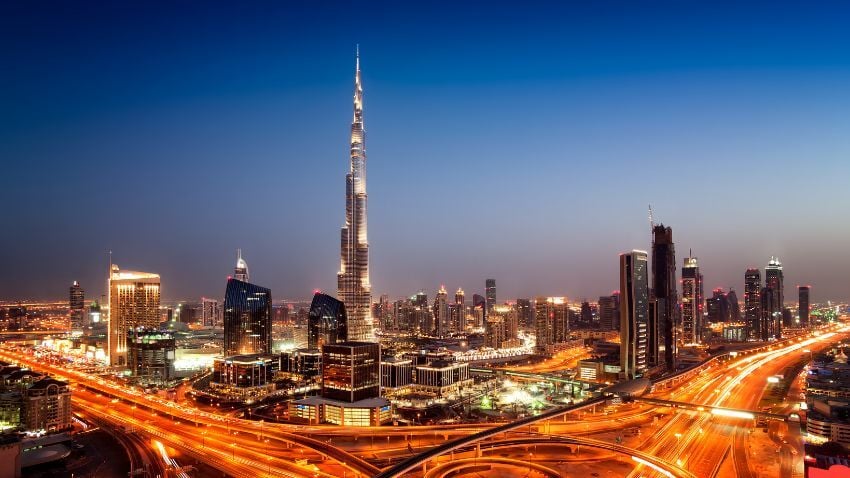
Asia is one of the most fascinating regions in the world for travel, offering an extraordinary mix of cultures, histories, and landscapes. From...